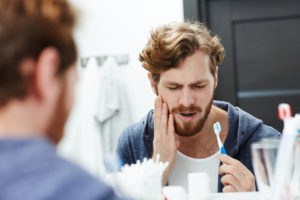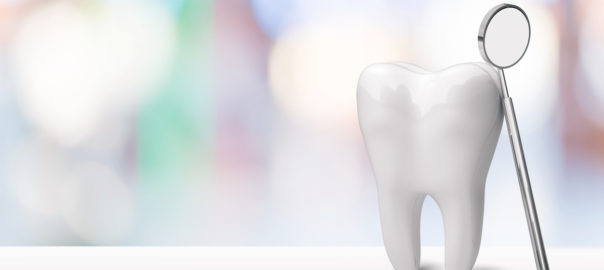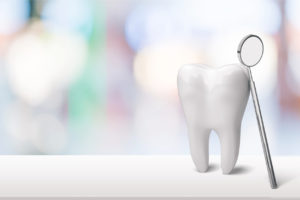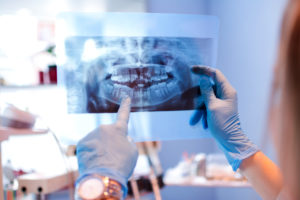
When you engage in regular dental hygiene, it can be normal to see a little pink in the sink every so often. This means that sometimes when you brush and floss, there’s a little bit of blood. There are many reasons why you may be bleeding and some of them are health reasons. But when it comes to your gums, it’s important to listen to the signs your mouth is telling you.
A little blood is no big deal. But if that blood also comes with sensitive, sore, or painful gums, it might be time to assess the issue. Our friendly professionals at Samaritan Dental want you to know about the warning signs your gums might be giving you. If you’re dealing with irritated or swollen gums, here are some reasons why that may be happening. Be sure to contact our office for a consultation ASAP!
It’s All About Bacteria
If you don’t practice daily dental hygiene as adamantly as you should, you may experience a variety of dental problems down the line. One such problem is the formation of bad bacteria on your teeth and gums. When this bacterium doesn’t get brushed or flossed away every day, it causes a buildup of plaque and tartar on the teeth. This is a dangerous substance which makes the gums infected, creating those sore and swollen symptoms you may be used to. This is a gateway to gum disease, and it’s important to make a dentist appointment right away.
Look at the Way You Brush
Sometimes, the reasons for the soreness and swelling in your gums aren’t as serious as something like gum disease. Often, the way we brush or floss maybe just a little too harsh for our mouths to handle. It’s important to invest in healthy brushing and flossing techniques so that we can be the right amount of gentle yet firm. Your teeth and gums shouldn’t be bleeding every time you brush; that is a sure sign that something is going wrong. Instead, be gentler with your floss, letting it slide itself between your teeth on its own, rather than forcing it.
Gingivitis
Gingivitis is a diagnosis that is typically given to someone who is experiencing swollen, irritated, and receding gums. This is a condition that often leads to gum disease; in fact, it is simply a milder version of it. Gingivitis is a serious issue that can be treated but requires a lot of dental attention and your best care.
Some of the symptoms of gingivitis include:
- Tender or painful gums
- Constant bad breath despite brushing
- Pockets forming between the teeth and gums
- Changes in your bite
- Loose teeth
- Bleeding gums every time you brush
Even if you don’t necessarily feel any discomfort, you still may be suffering from gingivitis. In order to prevent yourself from developing periodontitis, a more serious condition that wears away at your bone and gums, be sure to contact your friendly professionals at Samaritan Dental right away.
Get Your Gums in Good Health ASAP!
When it comes to the health of your gums, you can’t afford to wait until it’s too late. Each day you show the symptoms of gum disease, gingivitis, or periodontitis, your condition might be progressing. Ultimately, having your gums in bad shape can also affect the integrity of your entire mouth. You will be more prone to cavities, tooth loss, biting difficulties, and even bone loss.
These problems can be corrected once they’re caught, but it takes effort on both parts; the patient must invest in good dental hygiene in order to stay consistent with a treatment plan. Our dentists at Samaritan Dental can come up with a treatment solution that works best for you. If you are interested in making an appointment with us, please contact us online or give us a call at (213) 986-2933 to start your consultation.














 Yelp
Yelp I have never had a better dental experience prior to my visit with Dr. Zabolian. It was pain free for the first time ever, the staff was friendly, accommodating to my schedule, there were no problems with my insurance claims... I am so happy I have found a dentist (after all these years) I feel so comfortable going to and also taking my family.
I have never had a better dental experience prior to my visit with Dr. Zabolian. It was pain free for the first time ever, the staff was friendly, accommodating to my schedule, there were no problems with my insurance claims... I am so happy I have found a dentist (after all these years) I feel so comfortable going to and also taking my family. 






